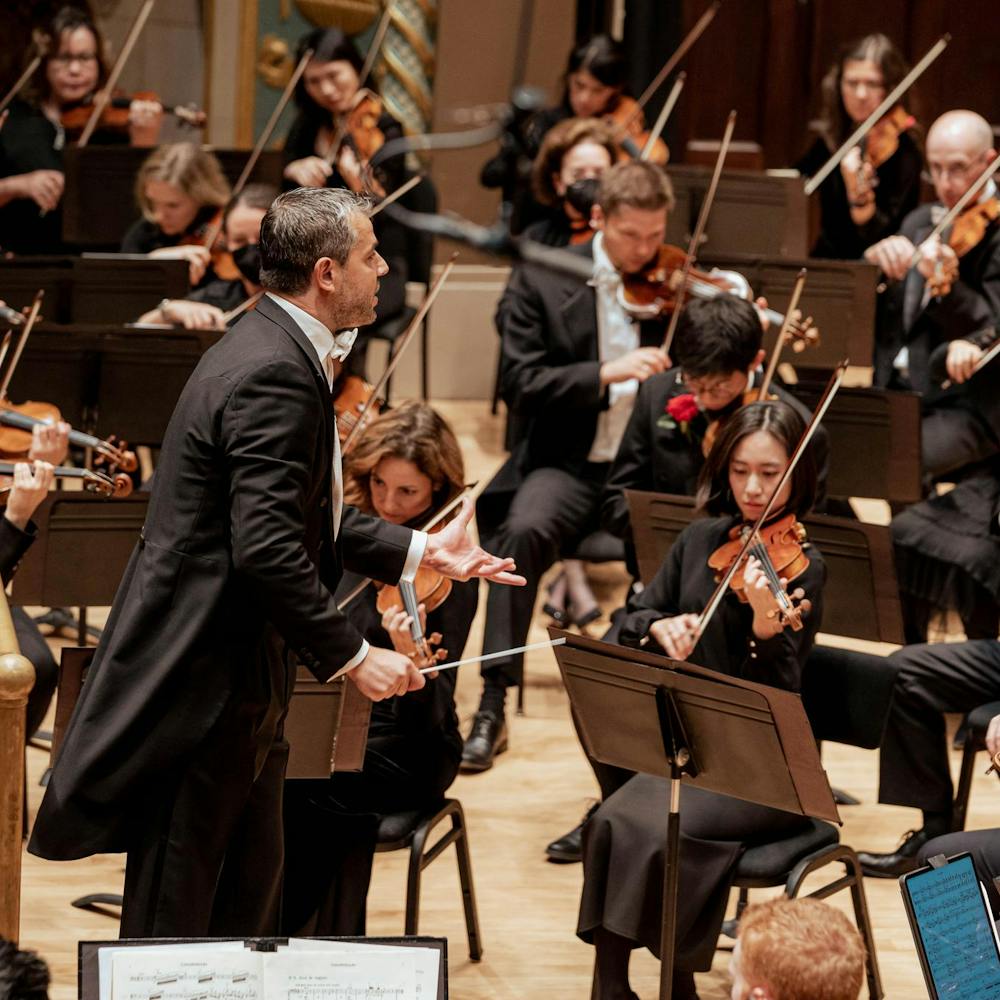FLINT - MSU President M. Peter McPherson pleaded the university’s case for increased funding before the Senate Higher Education Apportions Subcommittee on Friday at the campus of the University of Michigan-Flint.
McPherson cited rising costs of employee health insurance, increasing wages for faculty and the funding gap between MSU and the state’s other research-level schools, the University of Michigan and Wayne State University.
State Sen. John Schwarz, R-Battle Creek, a chairman of the committee, expressed a concern that the recent downturn in the economy will result in lower increases in appropriations across the board.
McPherson drew on his experience as a former deputy secretary for the U.S. Treasury Department to explain to the panel of three state senators that the downturn may be temporary.
“I think we ought to proceed with what needs to be done,” he said. “When we know what the numbers are in May we will deal with them.”
McPherson said rising costs will make it difficult for the university to restrain tuition increases.
“This year is the most difficult year on this issue simply because the state appropriations will be very tight,” he said. “I do think containing tuition will be the hardest since any time I have been here.”
The state House recommended a 7 percent, roughly $22 million, increase in MSU funding.
Schwarz said the Senate is not likely to approve increases to specifically addressing the funding gap, as was done by the state House in March.
He said the funding gap is partly caused by the removal of Agricultural Research Stations and MSU Extension from the university’s general budget.
“It might be to MSU’s advantage to move those programs back to base appropriations,” he said.
McPherson responded to Schwarz’s claim after the meeting was adjourned by reminding him that medical centers on U-M and Wayne State’s campuses also are funded independently.
Schwarz tried to offer insurance.
“In the end MSU will be funded very fairly,” he said. “But people somehow have to wane themselves from the idea there is a funding gap.”
Ronald Nelson, manager of the Michigan Farm Bureau’s State Governmental Affairs Department, said the extension and research programs provided essential service to state residents, especially those involved in agriculture.
Nelson said the programs are justified to be funded independently of the university.
“Soil, climate and crops vary throughout Michigan,” he said. “All research can’t be done on campus.”
“People involved with research and extension programs are not based on campus. They don’t involve the typical classroom situations.”
State Sen. Alma Wheeler Smith, D-Salem Township, who serves on the committee, was concerned the reason that universities request a higher level of funding is because they attempted to comply with a tuition tax-credit program.
“Institutions such as MSU, which instituted a tuition-increase freeze, made the decision based on their own economic situations,” she said.
Wheeler Smith pointed to institutions such as U-M and Eastern Michigan University, both of which she represents, that decided to increase tuition above the recommended cap to pay for increased demands.
The committee will continue to hold hearings with other top school officials in the state during the next month to attempt to address concerns stemming from a tighter state budget and projected increases in tuition across the state.




